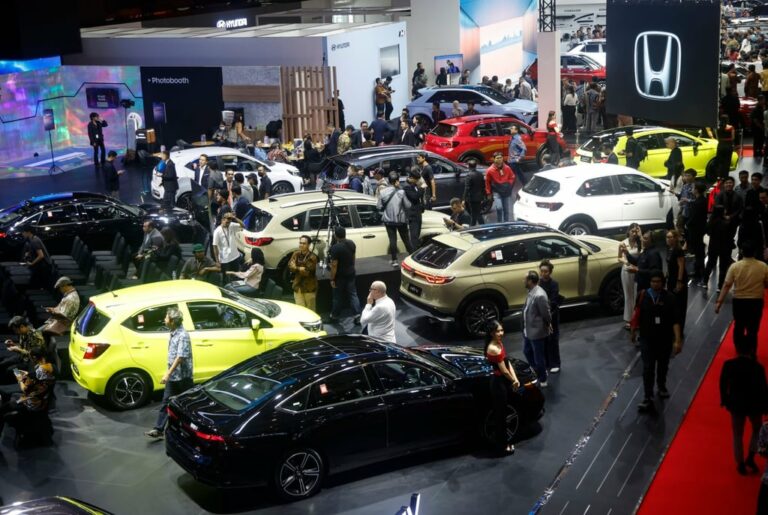Indonesia is rapidly positioning itself as a major player in the global electric vehicle (EV) market, leveraging its substantial nickel reserves and a forward-thinking downstreaming approach to establish a comprehensive domestic EV and battery supply chain.

Despite government incentives and the rising popularity of EVs, the country’s vision faces considerable obstacles. High costs, an inadequate charging infrastructure, and the rapid advancement of battery technology all pose potential hurdles to the nation’s progress in the EV sector. The nation’s industry has an ambitious goal of getting 2 million electric cars and 12 million electric two-wheelers on Indonesian roads by 2030.
To meet this target, the government has introduced multiple initiatives to encourage citizens to adopt EVs and to attract foreign investment in local manufacturing. These incentives include a value-added tax reduction on EV purchases and the waiver of import duties for international automakers that establish production facilities in Indonesia and adhere to local content requirements. China’s BYD and GAC Acton, along with France’s Citroen, have already committed to building factories in the country.
EV sales data indicates a growing trend in Indonesia. During the peak of the pandemic in 2020, only 125 units were sold; however, by 2023, this figure had risen dramatically to 17,000. The upward trajectory continued last year, with sales reaching just over 43,000 units, according to statistics from the automotive industry association Gaikindo.



